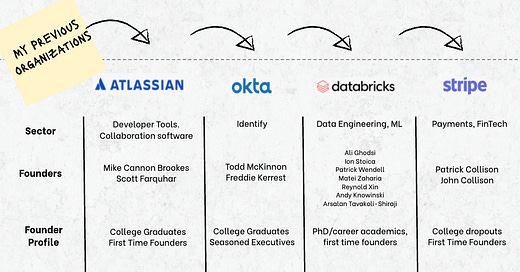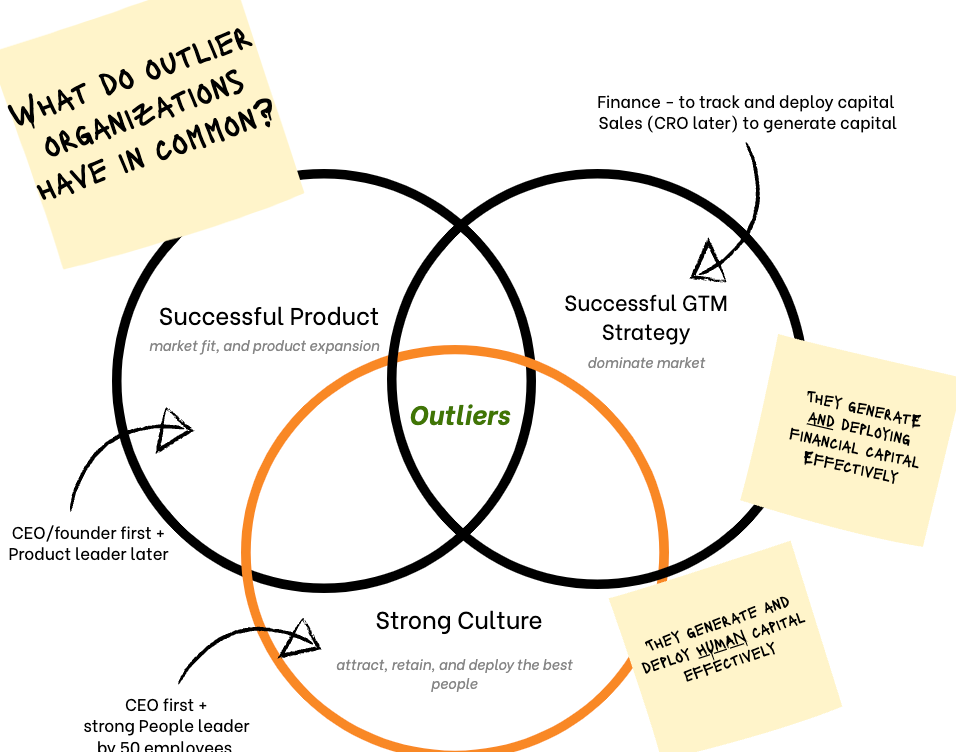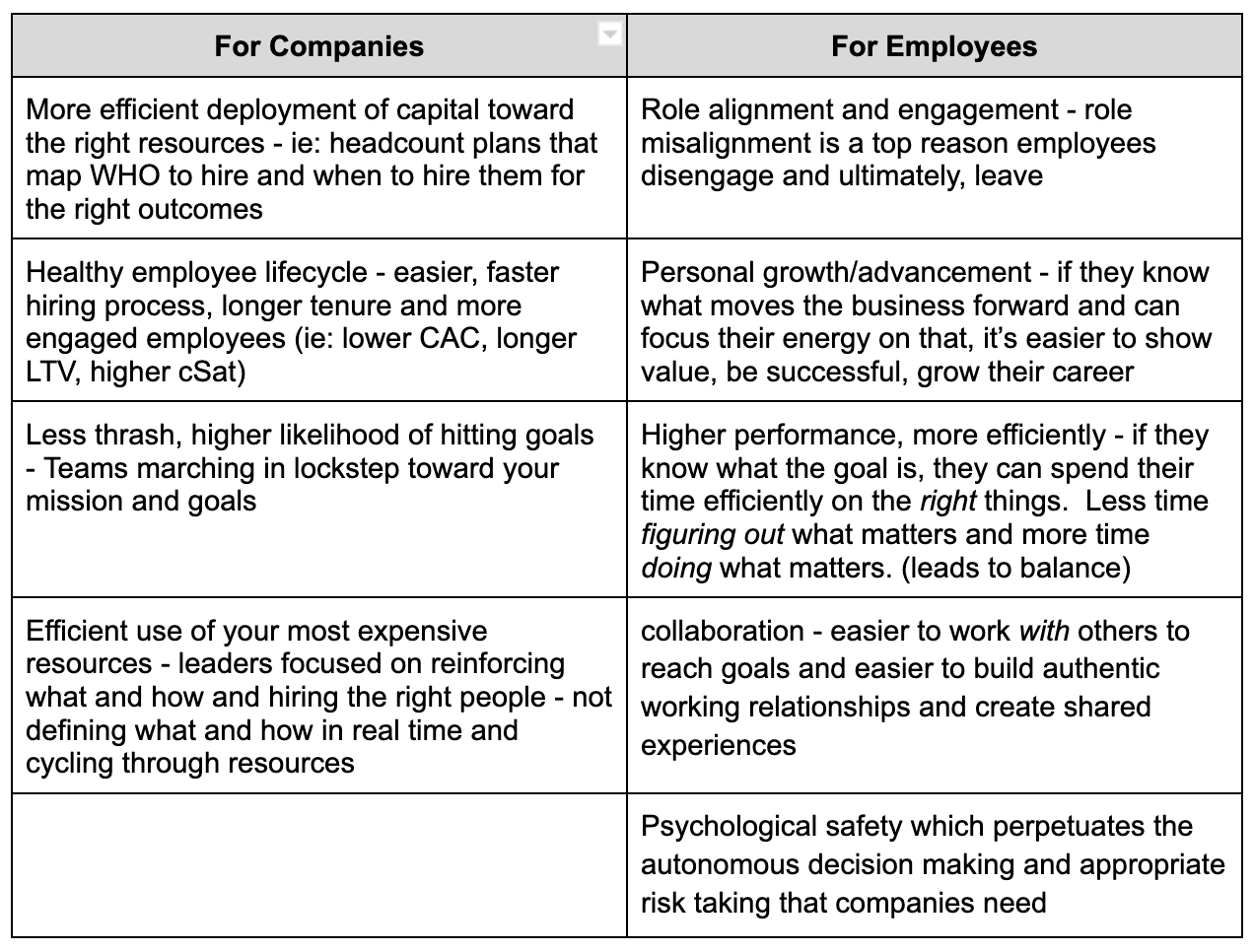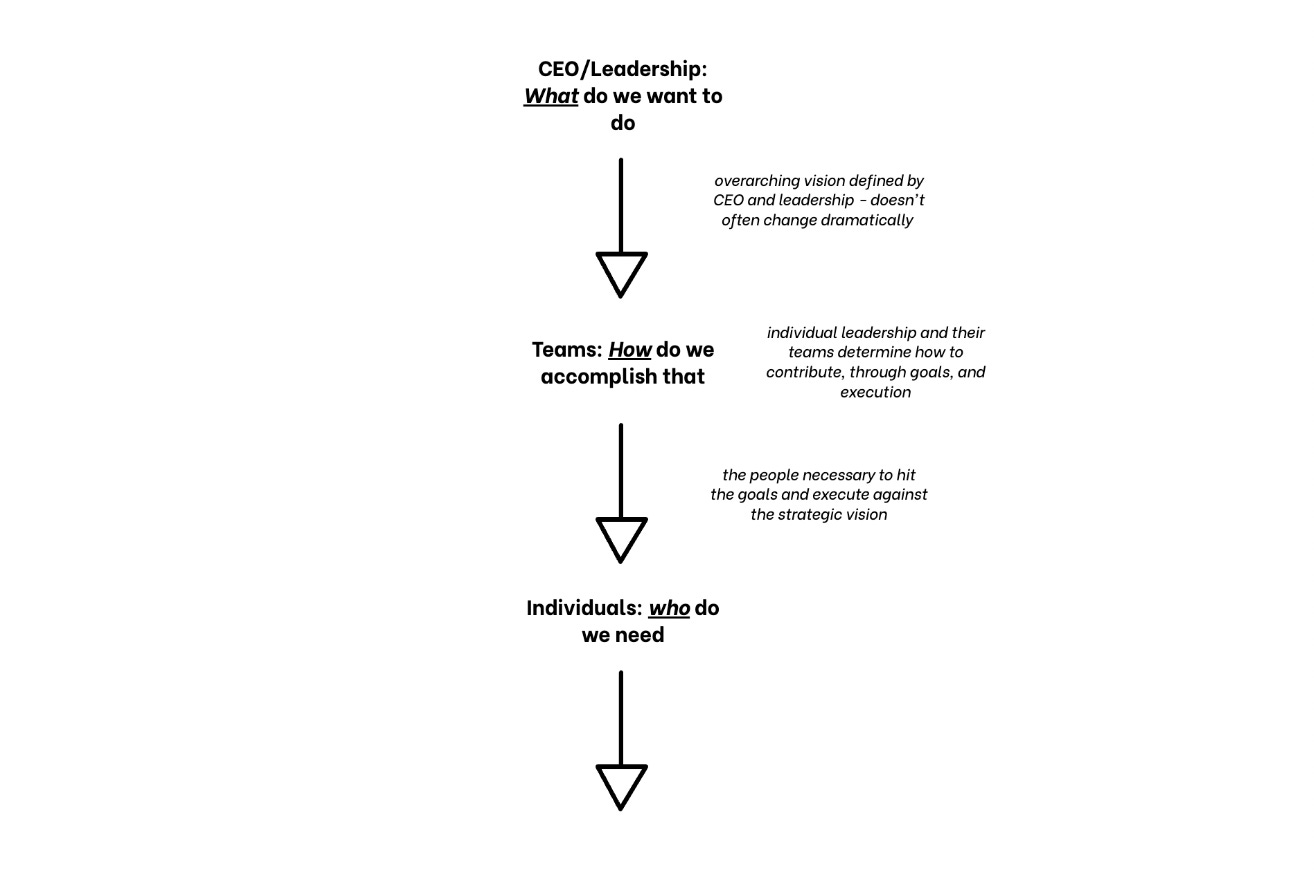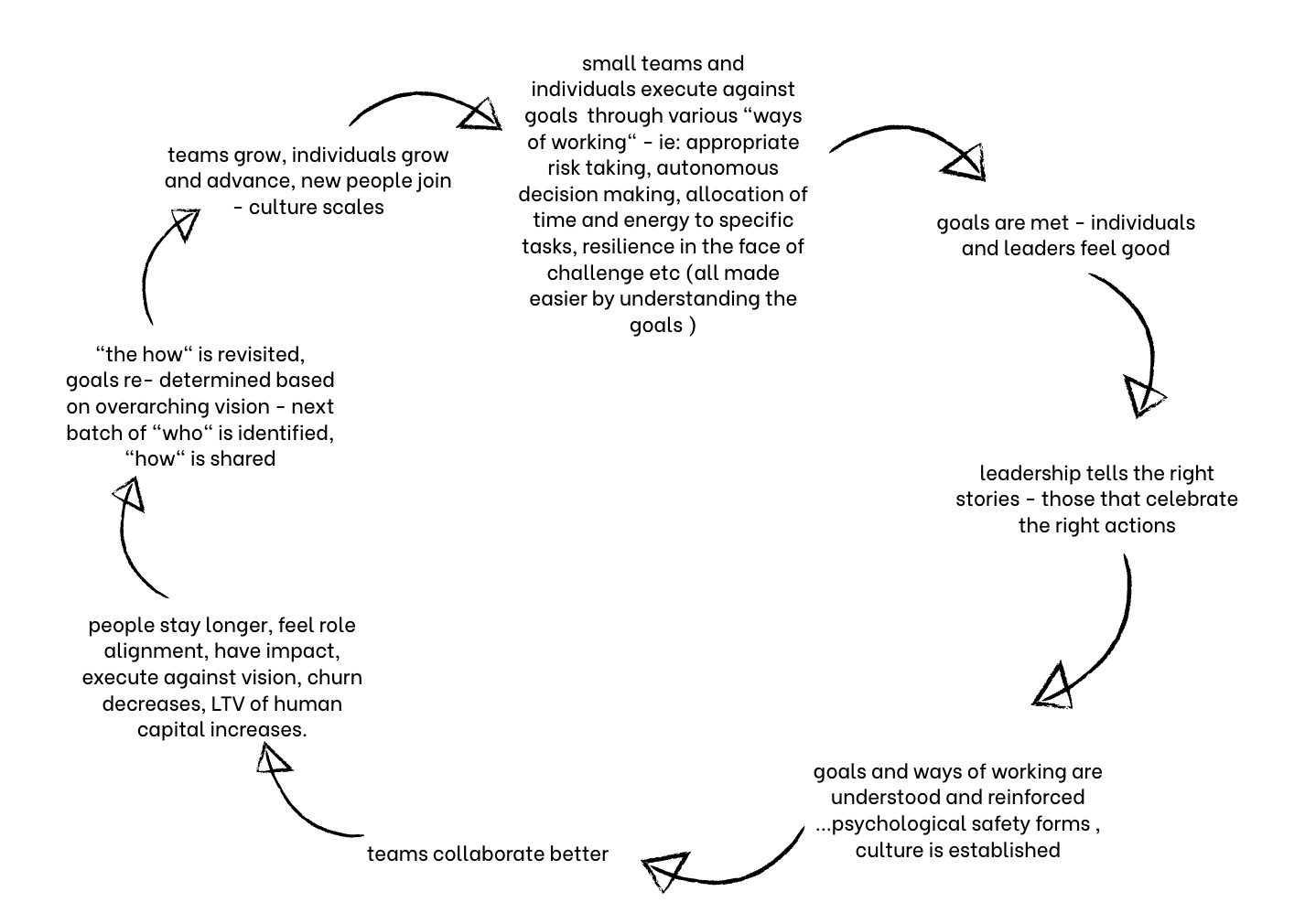What Outlier organizations get right
People (maybe including many of the people reading this) often ask me how I’ve chosen companies; what the “special sauce” is. It’s not lost on me that I’ve been very fortunate to have joined some of the more successful companies of the last decade; 2 IPOs and 2 of the most highly valued private companies in the world. I often say “I just got lucky.” There’s an element of truth to that. Luck has been a pervasive thread throughout my life and my career if I’m honest with myself, but truthfully, it’s not all luck.
We need to go way back; back to where it all began for me. My very first job in tech was at Atlassian. I’d been working as an agency recruiter prior, which was commission driven. I was decent at it but it felt like a constant slog and I never felt truly connected to it. Agency recruiting is an individual sport and I like a team. I was immediately drawn to Atlassian when I read the job description. Part of the application process was to answer the question “what really makes me tick.” I recently pulled up my application letter and among other things, part of what I wrote was: “What makes me tick? Getting final Jeopardy right. Finding a gread book that wasn’t on the NYT bestseller list. A Nick’s crispy Taco, served Nick’s way. Reaching a goal, however small. Empathy.” (That was well over a decade ago, and those things all still ring true) I got the interview, I got hired, the rest is history.
I share that because it leads to the truth of how I picked so many good companies. Atlassian was a partly lucky choice because it was my first job in tech, but it taught me something critical that became the common thread in how I ultimately picked, and had impact at future organizations.
After Atlassian, I joined a number of successful companies - all companies I would define as outliers, but who had very little in common in terms of founder profiles, sector, or sales motions.
Pick any of those companies. They have arguably great products. They also hit aggressive revenue targets and have significant Market Cap. They excel at creating products and generating and deploying capital. The third pillar, and the key differentiator, is a culture that allows them to attract, retain and deploy the right people. It’s also the “special sauce” I referred to earlier. Any of those factors standing alone may create a good company. A great product and strong revenue may even make a great company for a period of time. But a true outlier company gets all of those factors right. And when they do, amazing things happen - I’ve seen it.
I want to be clear that superficially, none of these cultures were exactly the same. Some were more hard driving than others. Some felt “nicer.” Some worked more hours. Others were very social, etc etc. Those elements of culture are specific to each company and appeal to different individuals for various reasons and shouldn’t be one size fits all - they also evolve as companies grow. I didn’t choose the same “superficial” elements of culture over and over again but there were some very common, perhaps less obvious factors that defined the culture that I looked for.
A clear strategy (the “what”) and a small number of specific goals that were understood by everyone (the “how”)
Operating rhythms that made that possible
Celebration of the stories that really aligned with strategy and goals
Shared approaches to work that are celebrated
Checking in on those things often as critical measures of success
I’ve mentioned this before to more than a few skeptical eyebrows. Maybe these things don’t seem obvious. What do goals and strategy - “the practical business of running a business” - have to do with culture? I’ve made every career decision based in large part on how well a company does these things because from my personal experience, those seemingly random things have tremendous impact in creating a symbiotic relationship between a company’s needs and its employees' needs; ultimately leading to a high performing culture made of highly engaged people.
So, what does this mean? Simply put, it’s a primary role of the CEO and leadership team to determine the “what” - what do you want to accomplish? This overarching vision won’t change dramatically.
At the end of the day it’s the job of the CEO and their leadership to know what they want the company to achieve AND ensure that the right stories are told so the vision is understood and reinforced. Having a vision is nothing if no one is aligned to it and you celebrate contradictory behaviors and outcomes. Without that “what,” the “how” and “who” never slide squarely into place creating a culture that works against your goals, instead of a culture that is a key strategic lever in becoming the next outlier organization.
